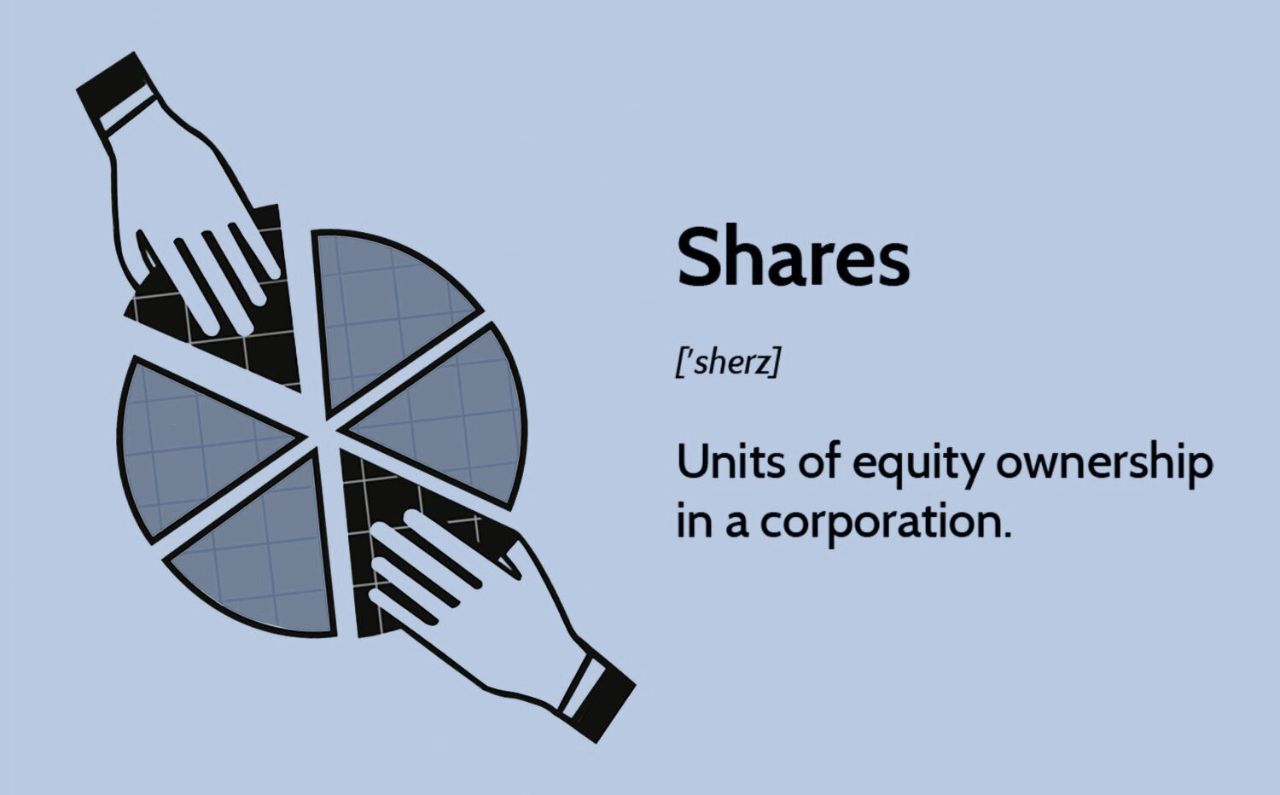Buying a Business vs. Buying Shares: Know the Key Differences Before You Sign!
When someone wants to take over an existing business, they usually have two main options: buying shares in a company (Sdn Bhd) or buying the business itself , especially if it’s operated as a sole proprietorship or partnership. While both options may seem similar at first glance—after all, you’re acquiring control of a business—they are very different from a legal and operational perspective.
In this article, we’ll explain these differences clearly, using simple language and real-life examples. This will help business owners understand which option might be better for them—and why the difference matters when drafting agreements.
What Does It Mean to Buy Shares in a Company?

A company (private limited company – Sendirian Berhad) is a separate legal entity. When you buy shares in a company, you’re buying ownership stakes in that company. The company continues to exist, and now you own part (or all) of it.
Example:
Let’s say there’s a company called “Megah Holdings Sdn Bhd” owned by Dato Seri Ali. If you buy 100% of the shares in Megah Holding Sdn Bhd, you become the sole shareholder. You now own the company, and through the company, you indirectly own everything the company owns—its assets, contracts, debts, and liabilities.
What Does It Mean to Buy a Business?

A sole proprietorship and a partnership is not a separate legal entity. It is simply a person (the owner) running a business on their own. There’s no distinction between the owner and the business.
So, when you buy a sole proprietorship, you’re buying the assets and operations of the business directly from the owner. You do not buy shares because there are none—you’re buying things like equipment, inventory, customer lists, trademarks, and possibly taking over contracts.
Example:
Imagine Naelofa runs a bakery called “Naelofa’s Bakery” as a sole proprietorship. If you want to take over her business, you would buy the ovens, tables, chairs, recipes, brand name (and trademarks), and maybe even assume some existing contracts with suppliers. But you’re not buying any shares—you’re just buying the parts of the business she agrees to sell.
Key Differences Between Buying Shares vs. Buying a Business
Why These Differences Matter in Legal Agreements
The way you structure the purchase affects the type of agreement you need and how risks are managed.
1. Type of Agreement
- Share Purchase Agreement (SPA):
- Used when buying shares in a company.
- Focuses on transferring ownership of the company.
- Includes warranties about the company’s health, finances, and legal compliance.
- Asset Purchase Agreement (APA) / Business Purchase Agreement (BPA):
- Used when buying a sole proprietorship, partnership or parts of a business.
- Details what assets are being sold and what liabilities are being assumed.
- Often more flexible since you can choose which assets and liabilities to take on.
2. Liability Exposure
This is one of the most important differences.
- In a share purchase , you take on all the liabilities of the company—even those you didn’t know about. That includes unpaid taxes (LHDN, SOCSO, Customs), current and future lawsuits (those liabilities arising before you took over), environmental issues, etc.
- In an asset purchase , you generally only take on the liabilities you agree to in the contract. For example, you might not take on old debts or obligations unless specifically stated.
Real-Life Example:
Suppose you buy shares in a construction company. After the purchase, you find out the company was involved in a building project that violated safety regulations years ago—and now faces a large fine. Since you bought the company, you’re responsible for that fine. You cannot use the excuse that “this was done before I took over” or “this was done by the previous shareholders / directors / owners”.
But if you had bought only the assets (like trucks, tools, and client list), you could have avoided that liability unless it was included in the agreement.
3. Employee Contracts and Supplier Agreements
- In a share purchase, employees and suppliers remain with the company. Their contracts stay in place unless you change them later.
- In an asset purchase, you must decide whether to hire the previous employees or sign new supplier contracts. Old contracts don’t automatically transfer – in fact, some contracts automatically terminate upon transfer of business.
Example:
If Naelofa’s Bakery has a long-term lease on the bakery space, and you buy the business as an asset purchase, you’ll need to get the landlord to agree to assign the lease to you. In a share purchase, the lease stays with the company, so you wouldn’t need the landlord’s permission.
4. Licenses and Panelship
- Share Purchase: Any licenses or panelship that the Company has will continue. However, do note that some licenses and panelships automatically terminate upon significant change in ownership. But generally speaking, they remain.
- Asset Purchase: Licenses and panelships need to be re-applied. They don’t transfer automatically.
Which Option Is Better?
There’s no single “best” option—it depends on your goals and risk tolerance.
Choose Share Purchase If:
- You want to keep the business running exactly as it is.
- You trust the current owners and believe due diligence shows no hidden risks.
- You want to avoid renegotiating contracts or hiring new staff.
Choose Asset Purchase If:
- You want to limit your liability exposure.
- You only want certain parts of the business.
- You’re not interested in taking on old debts or obligations.
- If you are buying from a sole proprietor or a partnership – you have no choice.
Final Thoughts: Why This Matters for Business Owners

Understanding whether you’re buying shares in a company or a business helps you make smarter decisions and protects you legally.
It also ensures you use the correct type of agreement:
- A Share Purchase Agreement for companies.
- An Asset Purchase Agreement for sole proprietorships, partnerships or parts of businesses.
Failing to understand these differences can lead to:
- Unexpected debts or liabilities.
- Legal disputes with employees or suppliers.
- Difficulty in transferring ownership smoothly.
Summary Table: Share Purchase vs. Asset Purchase
Conclusion
Buying a business is a big decision—and understanding the difference between buying shares in a company and buying a sole proprietorship is crucial. Whether you’re the buyer or the seller, knowing which route you’re taking helps protect your interests, manage risks, and ensure the deal goes smoothly.
Always consult with a lawyer before signing any agreement. They can help you choose the right approach and draft the proper documents to suit your situation.


Recent Comments